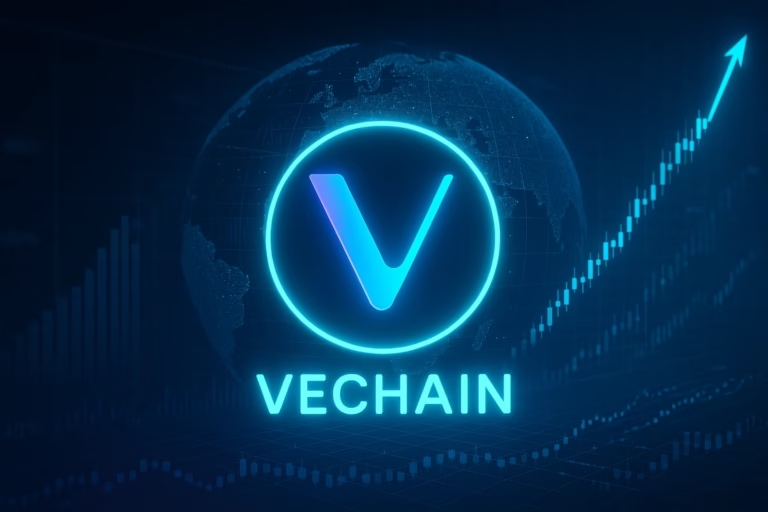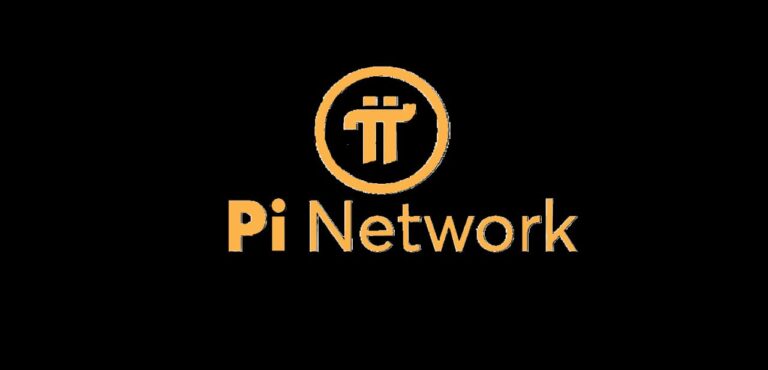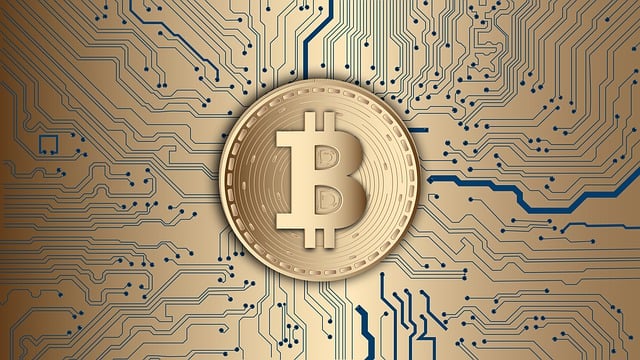
- Japan’s banking sector is set to fully adopt Ripple’s XRP technology, revolutionizing cross-border payments by enhancing transaction speed and reducing costs.
- This move, spearheaded by SBI Holdings, positions Japan as a global leader in blockchain-powered financial innovation, with XRP’s adoption potentially driving significant economic growth and reshaping the future of international finance.
Japan’s banking industry is taking a bold step into the future of finance by fully integrating Ripple’s XRP technology. This move is set to revolutionize the way money is transferred and managed across borders, positioning Japan as a global leader in financial innovation.
A Historic Shift: Nationwide Adoption of Ripple’s XRP
In a groundbreaking announcement, Japan’s entire banking sector will begin adopting Ripple’s XRP Ledger next week, a monumental change that promises to reshape global finance. Spearheaded by SBI Holdings and endorsed by CEO Yoshitaka Kitao, this initiative will modernize Japan’s banking system, improving transaction efficiency and cutting costs for both financial institutions and customers.
By utilizing Ripple’s XRP, Japan aims to address the inefficiencies of traditional banking, particularly in cross-border payments and currency conversions. These improvements will enhance the speed of transactions, reduce fees, and eliminate the need for multiple currency exchanges, making international transfers faster and more affordable.
Why XRP? The Ideal Solution for Cross-Border Payments
Ripple’s XRP technology offers distinct advantages over traditional banking systems. Acting as a bridge currency, XRP reduces transaction times to mere seconds, eliminating delays associated with legacy payment systems. This is particularly beneficial for Japan, which has a large expatriate community dependent on quick and cost-effective remittances.
SBI Holdings has been an outspoken advocate for XRP, citing its scalability, speed, and affordability. With these qualities, XRP is poised to become the preferred solution for international transactions, further solidifying Japan’s position at the forefront of blockchain-powered financial systems.
Economic Impact: XRP’s Potential to Skyrocket
The widespread adoption of Ripple’s XRP could have substantial economic effects. Analysts predict that even modest adoption rates could drive up XRP’s market capitalization significantly. A 1% adoption rate could increase XRP’s price to $3.50 per token, while a 10% adoption rate could see it soar to $13.48.
This potential surge in value would benefit not just the cryptocurrency market but also enhance the credibility of XRP as a crucial component of modern banking infrastructure. With this kind of growth, XRP could become a mainstay in the global financial landscape.
A Global Precedent for Blockchain Integration
Japan’s decision to embrace XRP is expected to set a powerful example for other nations and financial institutions. By integrating Ripple’s distributed ledger technology, Japan is positioning itself as a leader in the evolving world of blockchain and digital currencies. This move may prompt other countries to consider similar solutions, potentially transforming the global financial system as we know it.
Looking to the Future: A New Era of Financial Transactions
As Japan’s banks prepare for this major shift, the world watches in anticipation. If successful, this integration could redefine how money flows across borders, cementing Ripple’s XRP as a cornerstone of the global financial infrastructure. Japan’s forward-thinking approach underscores its commitment to staying ahead in an increasingly digital and decentralized financial world, making this development a pivotal moment for both Japan and the future of global finance.




